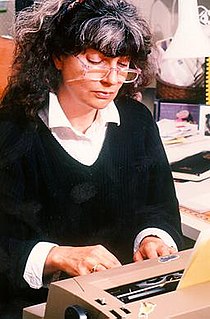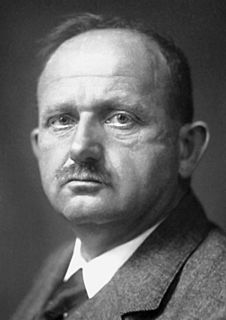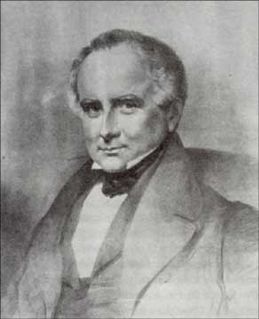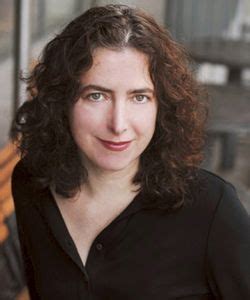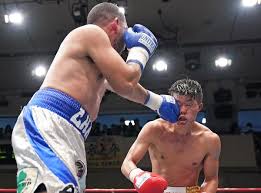A Quote by Richard Rodriguez
Mexico was most powerfully my father's smile and not, as you might otherwise imagine, not language, not pigment.
Related Quotes
Otherwise I got out of bed on two strong legs. It might have been otherwise. I ate cereal, sweet milk, ripe, flawless peach. It might have been otherwise. I took the dog uphill to the birch wood. All morning I did the work I love. At noon I lay down with my mate. It might have been otherwise. We ate dinner together at a table with silver candlesticks. It might have been otherwise. I slept in a bed in a room with paintings on the walls, and planned another day just like this day. But one day, I know, it will be otherwise.
In the hours that followed, I learned that Ademic hand gestures did not actually represent facial expressions. It was nothing so simple as that. For example a smile can mean you're amused, happy, grateful, or satisfied. You can smile to comfort someone. You can smile because you're content or because you're in love. A grimace or a grin look similar to a smile, but they mean entirely different things. Imagine trying to teach someone how to smile. Imagine trying to describe what different smiles mean and when, precisely, to use them in conversation. It's harder than learning to walk.
In the last generation we've moved past a U.S.-Mexico relationship that while friendly on the surface, and demilitarized for the most part, really was not a genuinely cooperative relationship. As a result of the U.S.-Mexico War in the 19th century, and the treaty of Guadalupe Hidalgo in 1848, half of what was Mexico was severed and became much of the western part of the United States. To add insult to injury, most Americans never knew that, and most Mexicans have never forgotten it.
The question of identity has always been a murky issue in my own life and my writing bounces that right back. My father was adamant that my sisters and I were "Arab," and even though our house was in Syracuse, it was filled with the food, language, music, and overbearing relatives of Jordan. Unlike my gorgeous sisters, though, I inherited my mother's lighter complexion - it really is amazing what a difference a little bit of pigment can make on a person's experience!
There are moments in life where the question of knowing whether one might think otherwise than one thinks and perceive otherwise than one sees is indispensable if one is to continue to observe or reflect... What is philosophy today... if it does not consist in, instead of legitimizing what we already know, undertaking to know how and how far it might be possible to think otherwise?



